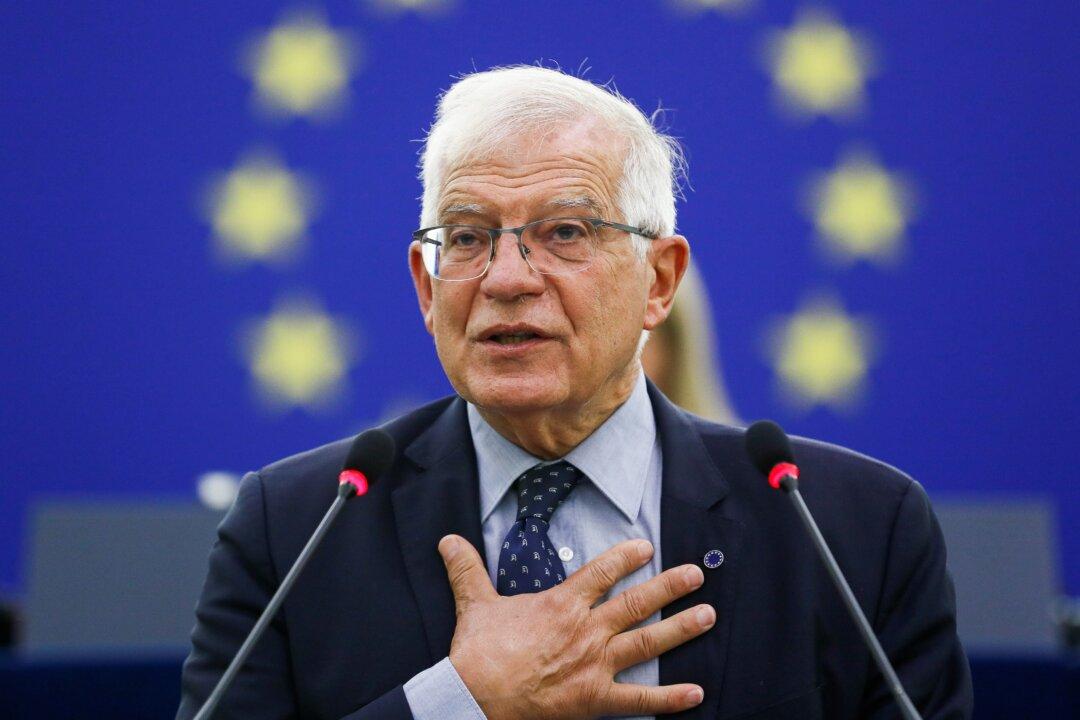The European Union’s foreign policy chief, Josep Borrell, has said that insufficient support from the bloc’s member states means a complete embargo or punitive tariff on Russian oil and gas imports can’t yet be levied.
“At the moment, we in the EU do not have a unified position on this question,” Borrell was quoted as saying by the German newspaper Die Welt on April 25. “A final proposal for an embargo on oil and gas is not yet on the table.”




